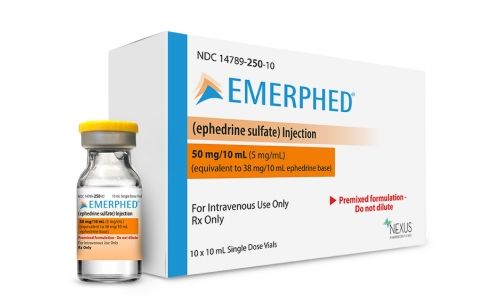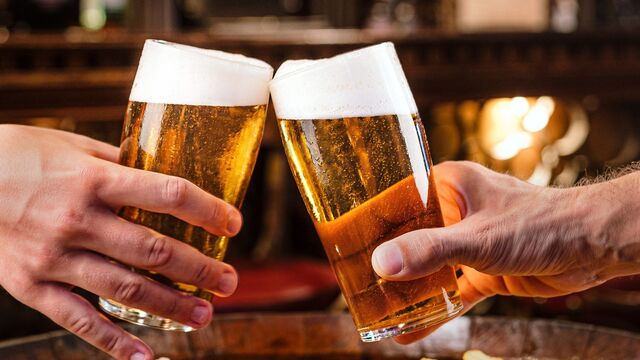WE all know January is the month where the floodgates are opened in the health industry with market opportunists promising you magic solutions for weight loss.
One of the most popular ones at this time of year is the use and popularity of fat burning supplements. These promise to be a magic bullet for weight loss without having to change your lifestyle in any way or without any side effects.
Some fat burning supplements contain a chemical called ephedrine, which is classed as a drug. It has a speed-like effect, increasing alertness and suppressing appetite. But side effects of high doses of ephedrine found in some fat-burning supplements sold online include an irregular heartbeat and increased blood pressure which could increase the risk of heart attack and stroke. Other side effects include insomnia, anxiety, nausea, irritation and dizziness.
Some fat-burning supplements may use herbal alternatives to ephedrine like citrus aurantium, but this can increase blood pressure as much, if not more, than ephedrine in the high doses used in some supplements or pills. Just be wary of who you get your nutrition information from and always seek a registered nutritionist if in doubt.
You should avoid unqualified practitioners who may be offering unproven techniques to diagnose and treat nutritional or weight problems in January. These include personal trainers, nutrition coaches, lifestyle coaches, nutritional advisors, wellness advisors or celebrities. Just because someone is famous, does not make them an expert in nutrition.
A small reduction in calories combined with exercise remains the best approach for weight loss, so I would pass up on the fat burners.
Lee McCusker (BA; MSc; MSc; MSc; ANutr; SENr) is a registered nutritionist from Belfast and can be found on Facebook, Instagram and Twitter. Email: attentive nutrition@gmail.com








